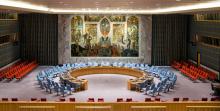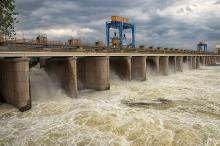Livelihoods are central to the relationship between climate change and conflict. Changes in temperature and precipitation patterns negatively affect household income sources and food supply. The lack of alternative livelihood options, coupled with political, social and economic strife, may lead people to resort to violence to safeguard their means of survival.











